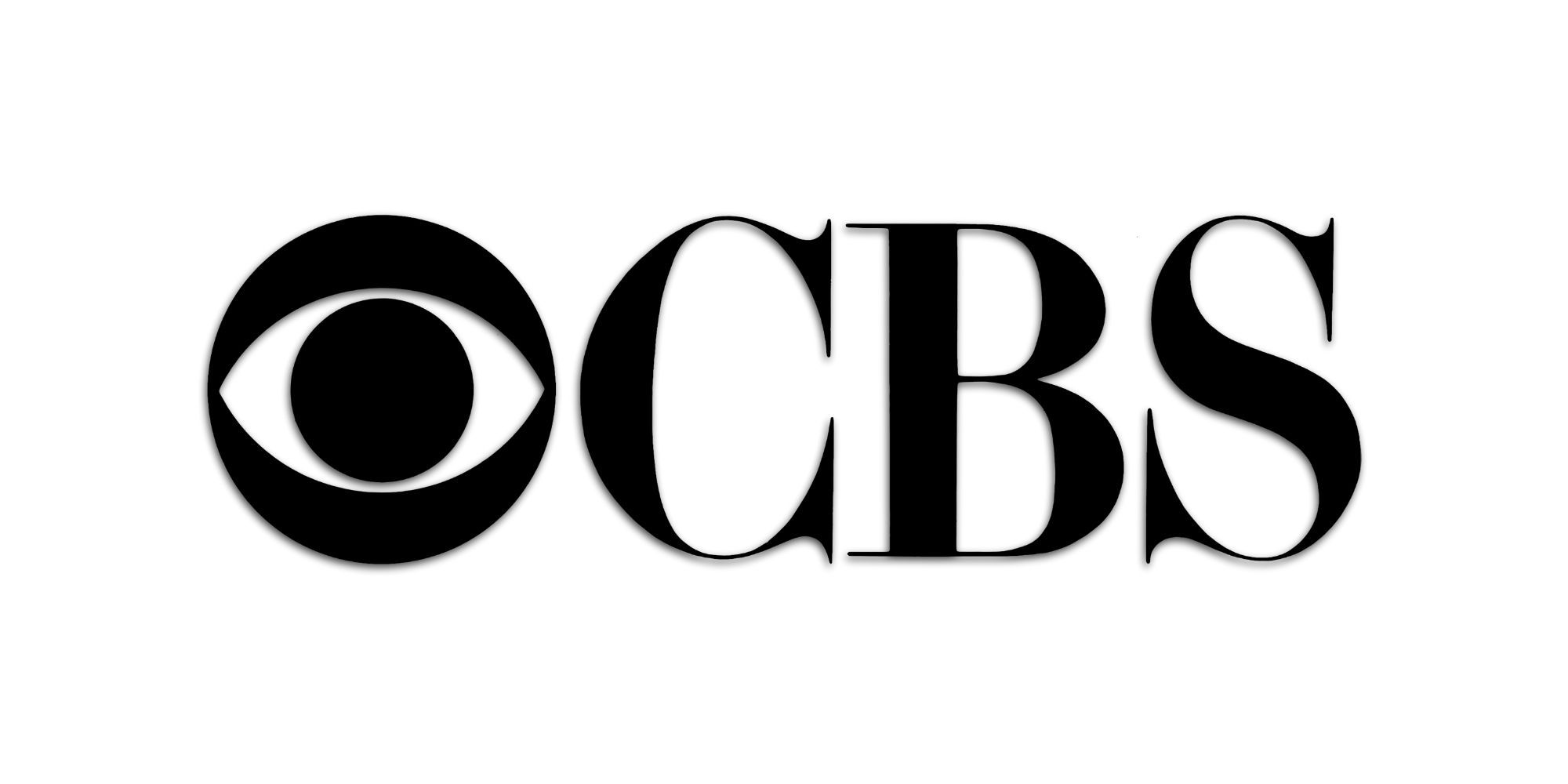CBS announces today that they may be moving away from Nielsen Media Research as its source for TV ratings data. Since the 1950s, Nielsen ratings have been the primary TV audience measurement system in the United States, determining statistics about viewership size, composition and various engagement levels. A 2012 episode of Family Guy even involved Peter Griffin hoarding a pile of Nielsen boxes, and forcing networks to make ridiculous changes to their most popular shows. However, since the rise of the streaming-video-on-demand (SVOD), networks have become increasingly wary of how accurately digital TV data is being captured.
Netflix changed the television game not only by offering shows to subscribers at their leisure, but also by creating privatized, and closely guarded viewership data sets. Nielsen ratings run on open-competition, by which paying networks can compare audience numbers, and analysts rely heavily on publicly distributed 'overnight' ratings that indicate which shows performed best the night before. For their part, Nielsen has adjusted to the surge in popularity of PVR (recorded TV) usage, and even claimed that they've developed a way to effectively measure Netflix last year - although it would presumably be contingent upon Netflix, as well as the sampled household itself agreeing to its Netflix account data being accessed. But as a long-term solution to out-of-scope audiences has yet to be settled, at least one of the big TV players may be looking in another direction.
Related: Nielsen Claims Its New Ratings System Can Measure Netflix Audience
According to Deadline, following the expiry of CBS' previously standing agreement with Nielsen on Dec. 31, 2018, contract renegotiations have been crumbling. The deal was estimated to be worth $100 million dollars. CBS pointed to inflating price points asked for services that don't entirely meet their audience research needs as the problem in a statement today:
“The entire media industry is aware of the need for complete and accurate measurement across platforms. While Nielsen has made some strides in this area, progress has not been what we and many clients would like, and local TV measurement is particularly challenged. Despite this backdrop, Nielsen continues to use their market power to bundle disparate services and raise prices for services that don’t sufficiently address ongoing changes in the industry.”
CBS appears to be considering looking into Comscore, an emerging media analytics platform geared towards cross-platform measurement as a potential replacement, if they can fill what CBS considers to be gaps in local television viewing statistics. A large TV affiliate, Gray Television, has reportedly already jumped ship. Along with the other major media conglomerates, including Disney, Comcast, and TimeWarner, SVOD operations have extensively moved in-house, with more and more shows offered through custom apps, or in Disney's case, rolling out a streaming service to rival Netflix altogether.
For Nielsen, the loss of CBS could potentially be very damaging. They're home to some of the country's most popular programs like The Big Bang Theory, 60 Minutes, and Survivor, and frequently achieve the strongest overall viewership between the big TV players during prime time. Whether its Nielsen, Comscore, or another service that could ultimately provide an audience fragmentation solution that satiates the whole industry remains to be seen. Disney+'s implementation of a 'pick-and-pay' model, similar to bundling channels in a cable package signals the possibility of more media companies streaming all of their own content, instead of licencing shows. It's just a question of how television data overall may be regulated down the line.
MORE: CBS CEO Les Moonves Fired 'For Cause', Won't Get $120 Million Severance
Source: Deadline


